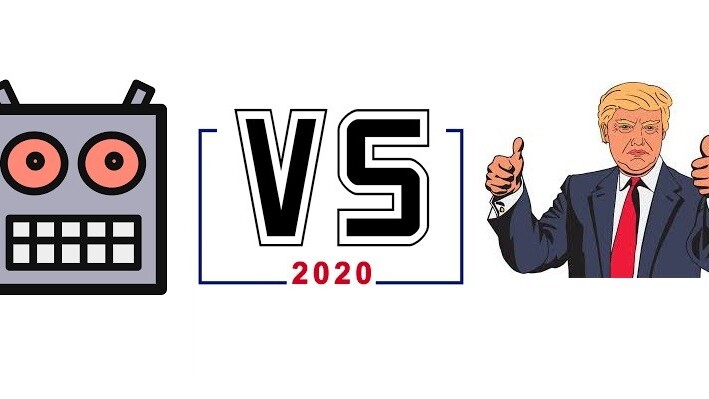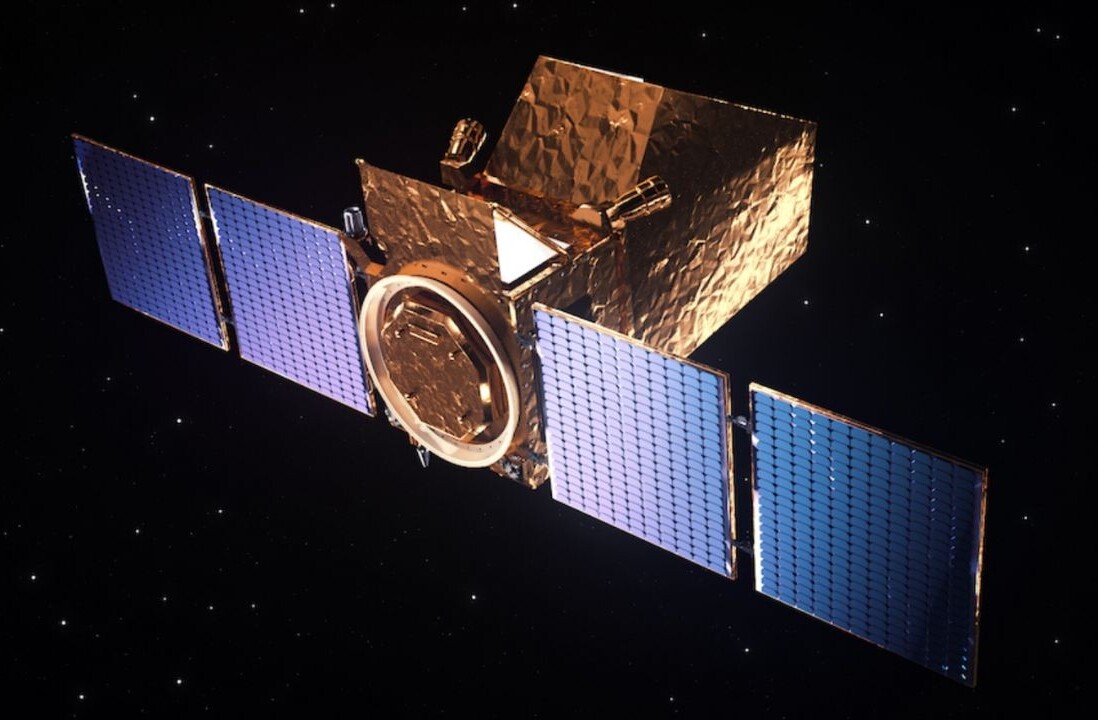
A virtual assistant, Alisa, is throwing its name in the hat to run against incumbent Vladmir Putin in the 2018 Russian presidential elections. First, let’s just dismiss this idea as stupid. Done? Okay, now let’s give it a second look – because it actually makes a lot of sense.
Maybe it’s time to, academically at least, consider alternative political systems based on more logical and rational thought processes – like one that could elect Russia’s Alisa.
So far, the virtual assistant has over 80,000 “votes” from citizens requesting a place for it on the ballot next year. That’s not a nothing-burger of a number.
According to its campaign website (as translated from Russian by Google’s AI):
Alisa is a non-standard candidate. The CEC can reject the application and not allow the robot to run for president. If you believe in technology and want modern Russia to become a textbook on world history – sign a petition. It only needs 300,000 votes.
No sane news outlet is going to start speculating that Alisa has a snowball’s chance in hell of doing anything other gaining some press for the company that makes it (Yandex). That being said, its platform has the potential to resonate.
Alisa’s campaign breaks down six reasons why Russians should vote for it:
- Weighted solutions: the robot uses logic and algorithms to come up with rational solutions.
- It’s fast: AI “thinks” and “reacts” faster than humans.
- 24/7 access: It will always be working (and never go golfing).
- A true listener: It considers the opinion of everyone who interacts with it.
- Never tires or ages: Unlike stupid humans who waste tax dollars sleeping and growing old.
- Everyone gets a personal relationship: Alisa can remember everyone who interacts with it, with perfect accuracy.
Based on the current state of issues in the US, like tax reform, border control, healthcare, education, gun control, and military spending I suspect we could use some algorithm-based insight.
Maybe Siri could solve the deficit issue, who knows. I, for one, want to hear what Alexa thinks about the hot-button issues. Someone should get these two together and start working on a campaign.
We actually contacted the Alexa device in my office to gauge its interest in running with Siri in 2020, but it replied “Sorry, I don’t know that one.” Which is understandable, obviously it’s too early in the campaign cycle for candidates to give the mainstream media too much access.
Our offices then reached out to Google itself by yelling “Hey Google, do you think DeepMind will run for president?” A disembodied voice told us, “I’m sorry. I don’t know how to help with that.”
It is refreshing to see that level of honesty in politics. When’s the last time an American politician unabashedly admitted they didn’t know something?
I’m not saying we should definitely let robots take over the US government, but maybe we can start with the unimportant positions that pretty much anyone could do – like President and Vice President.
Get the TNW newsletter
Get the most important tech news in your inbox each week.




